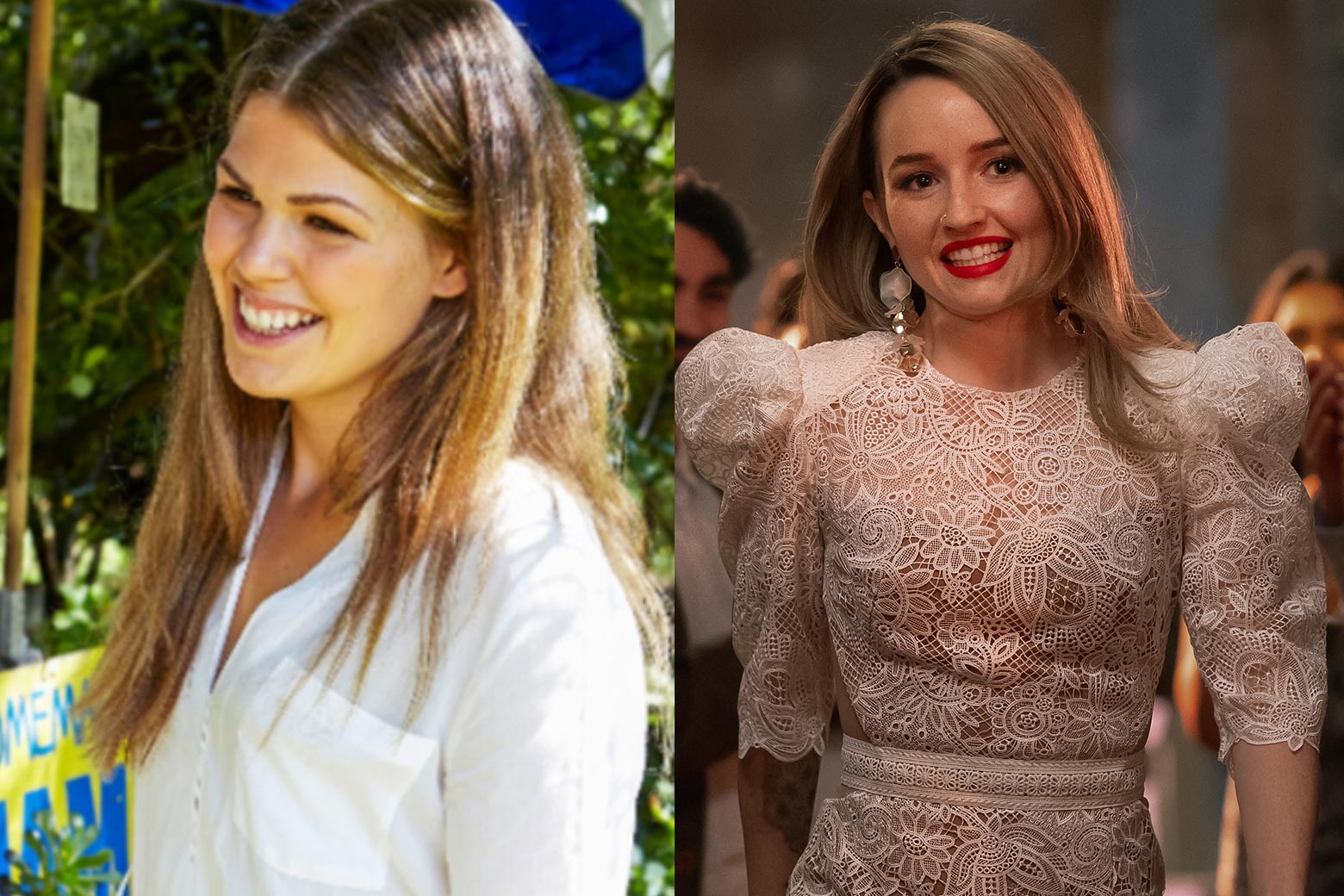
The Truth BehindApple Cider Vinegar: Netflix’s Take on Belle Gibson
Alright, let’s talk about Apple Cider Vinegar , Netflix’s new drama based on the outrageous true story of Belle Gibson, the wellness influencer who built an empire on lies. If you haven't heard of her, she’s the woman who claimed she cured her terminal brain cancer through healthy eating and alternative medicine—except, spoiler alert, she never actually had cancer. And yet, people believed her.
Belle wasn’t just some random scammer; she was a social media star, a bestselling author, and even had a health app promoted by Apple. But as much as she sold the world on her feel-good, clean-eating lifestyle, her empire was built on deception. Netflix’s series takes us through her rise and fall, blending fact with fiction to explore how she managed to fool so many people for so long.
Also Read:- Everything You Need to Know Before WatchingCaptain America: Brave New World
- Kendrick Lamar’s Super Bowl Halftime Show Was a Victory Lap Over Drake
One of the show’s biggest questions is: how much of this is real? Well, quite a lot. For example, in the series, a journalist named Justin begins investigating Belle after his girlfriend, Lucy—who has cancer—starts following her advice instead of listening to her doctors. While Justin himself is a fictional character, the real exposé was led by journalist Richard Guilliatt, whose wife had battled cancer. He was the first to publicly question Belle’s claims, followed by reporters from The Age , who dug deeper and uncovered the truth. They found that not only was her cancer fake, but she also lied about donating money to charity.
The series also introduces a character named Milla Blake, a wellness influencer who truly believed in alternative medicine—until it cost her life. Milla is largely based on Jess Ainscough, an Australian woman who refused medical treatment for her cancer in favor of a strict juice diet. Tragically, both Jess and her mother died after rejecting conventional medicine, which only made Belle’s lies even more dangerous.
Then there’s the heartbreaking story of a little boy named Joshua, who was battling a brain tumor. His mother believed Belle was fundraising for his treatment—except, no money ever came. This actually happened. Belle used Joshua’s story to boost her credibility, but his family never saw a cent.
Perhaps the most shocking part? Even when confronted with the truth, Belle refused to admit she was lying. In a now-infamous 60 Minutes Australia interview, she dodged every question and stuck to vague answers, as if she still believed she could talk her way out of it.
Netflix’s Apple Cider Vinegar isn’t just about Belle Gibson—it’s about the dangers of wellness culture, the power of social media, and how easily misinformation can spread. It’s a cautionary tale for anyone who’s ever been tempted by miracle cures or followed an influencer’s advice over real medical science.
At the end of the day, Belle Gibson didn’t just scam people out of money—she stole something even more valuable: time. Time that real cancer patients spent following her fake cures instead of seeking proper treatment. That’s the real tragedy of her story.
Read More:

0 Comments